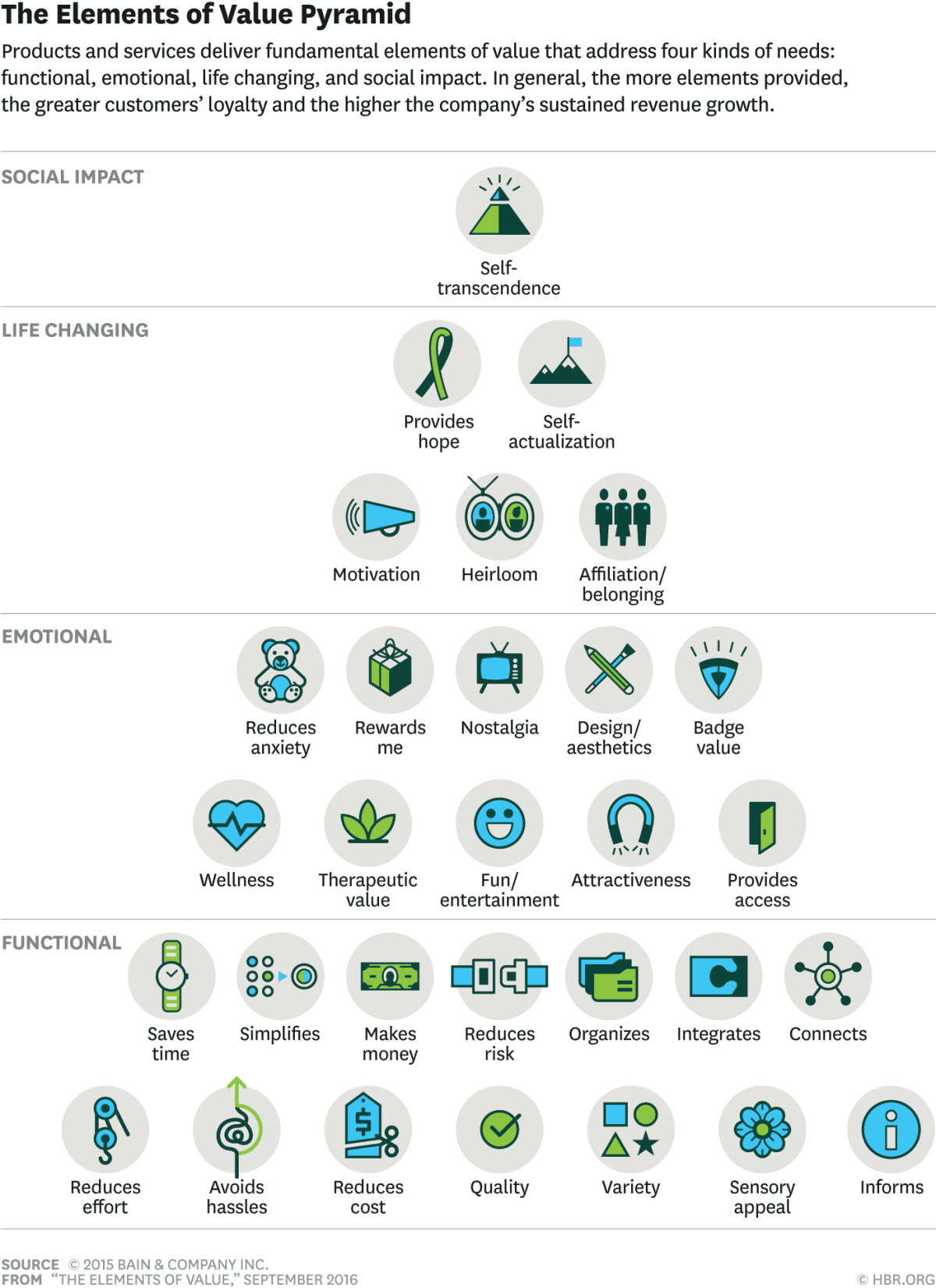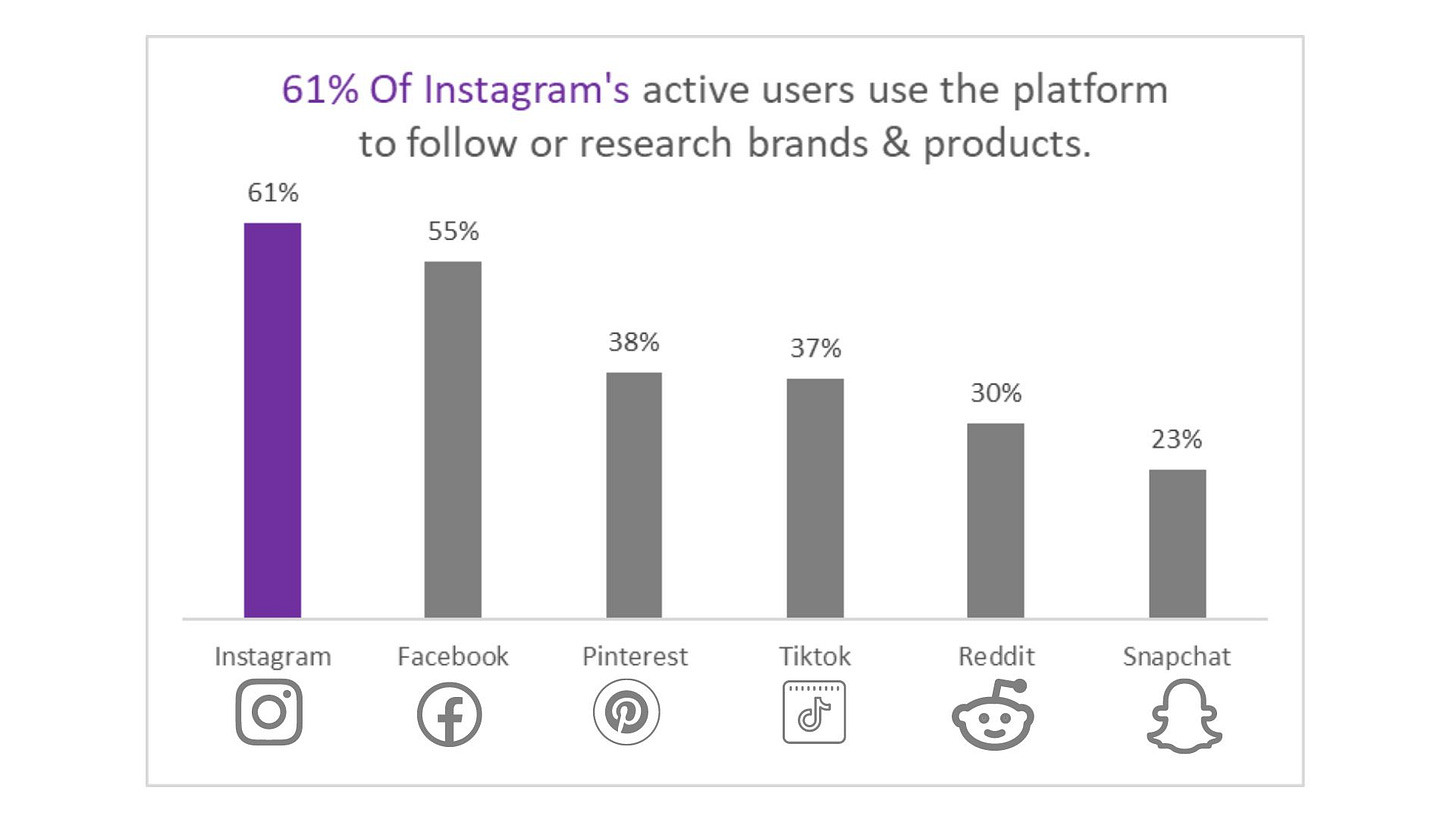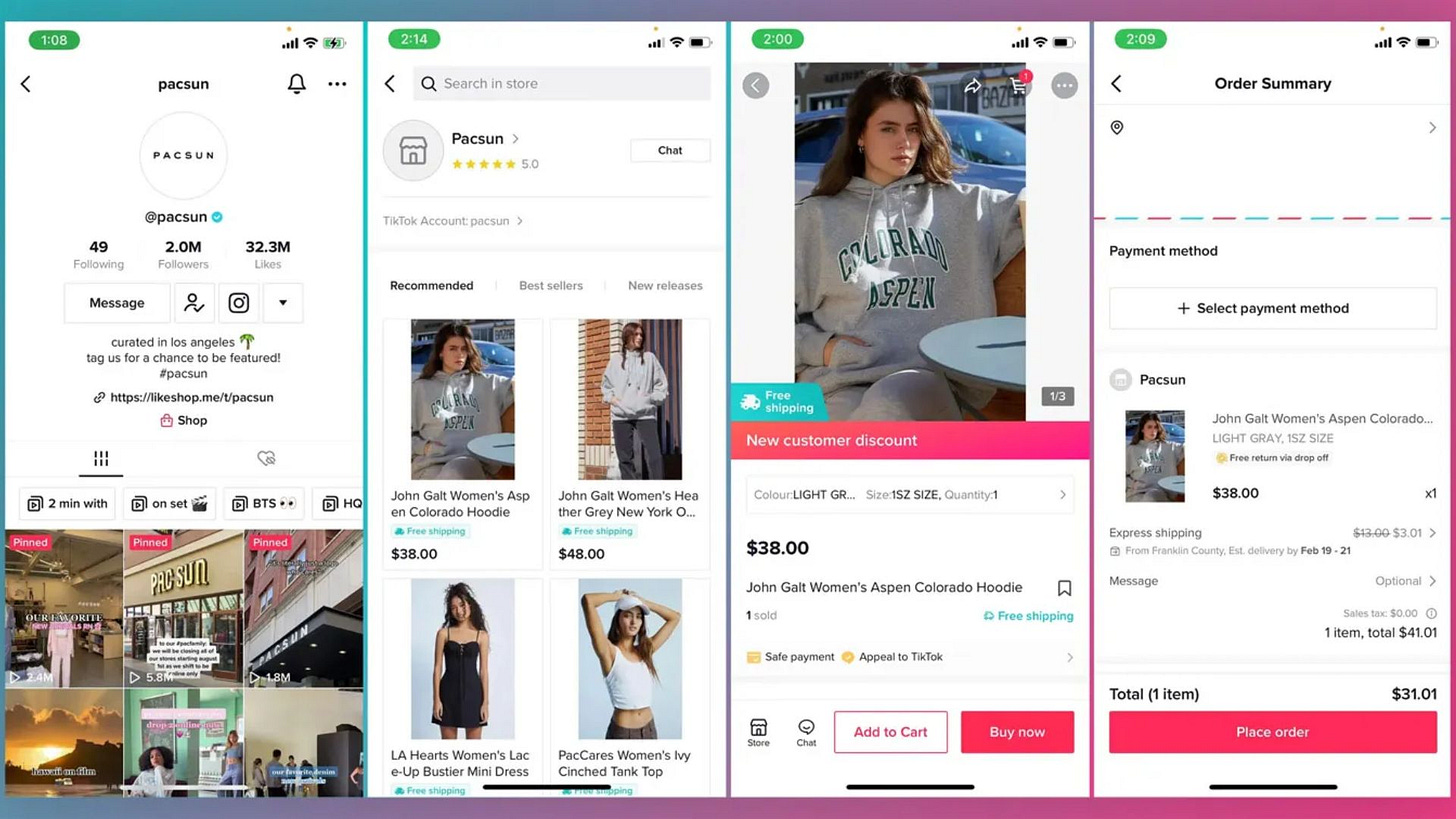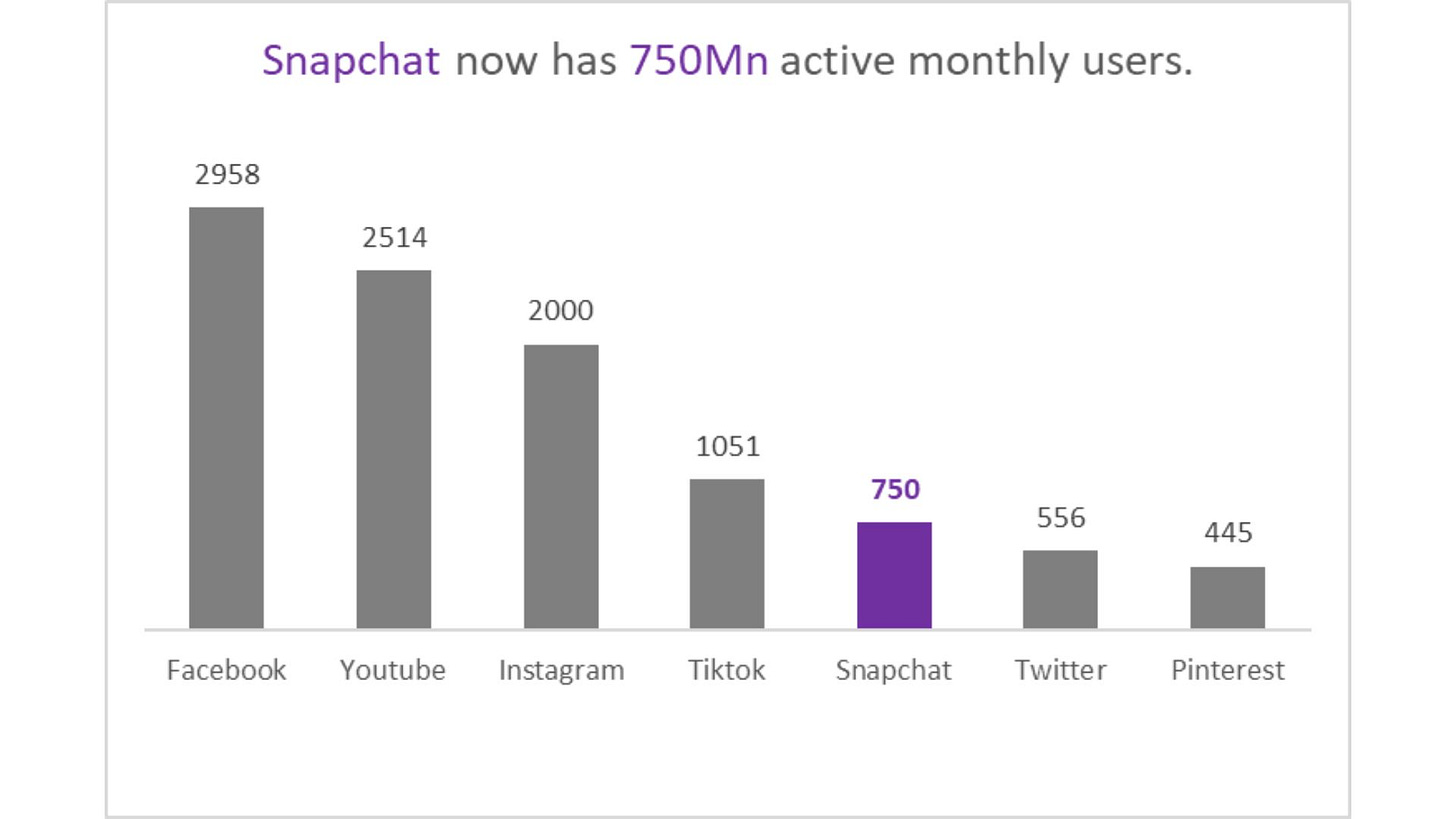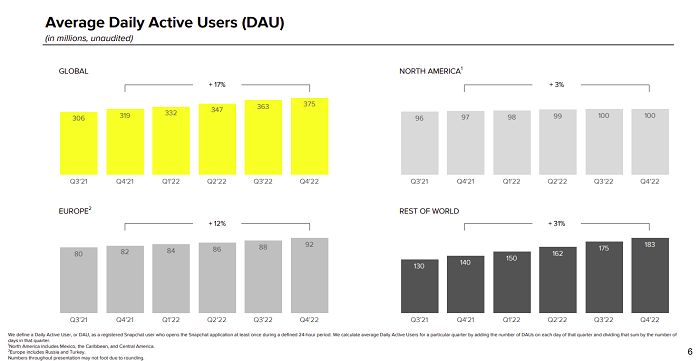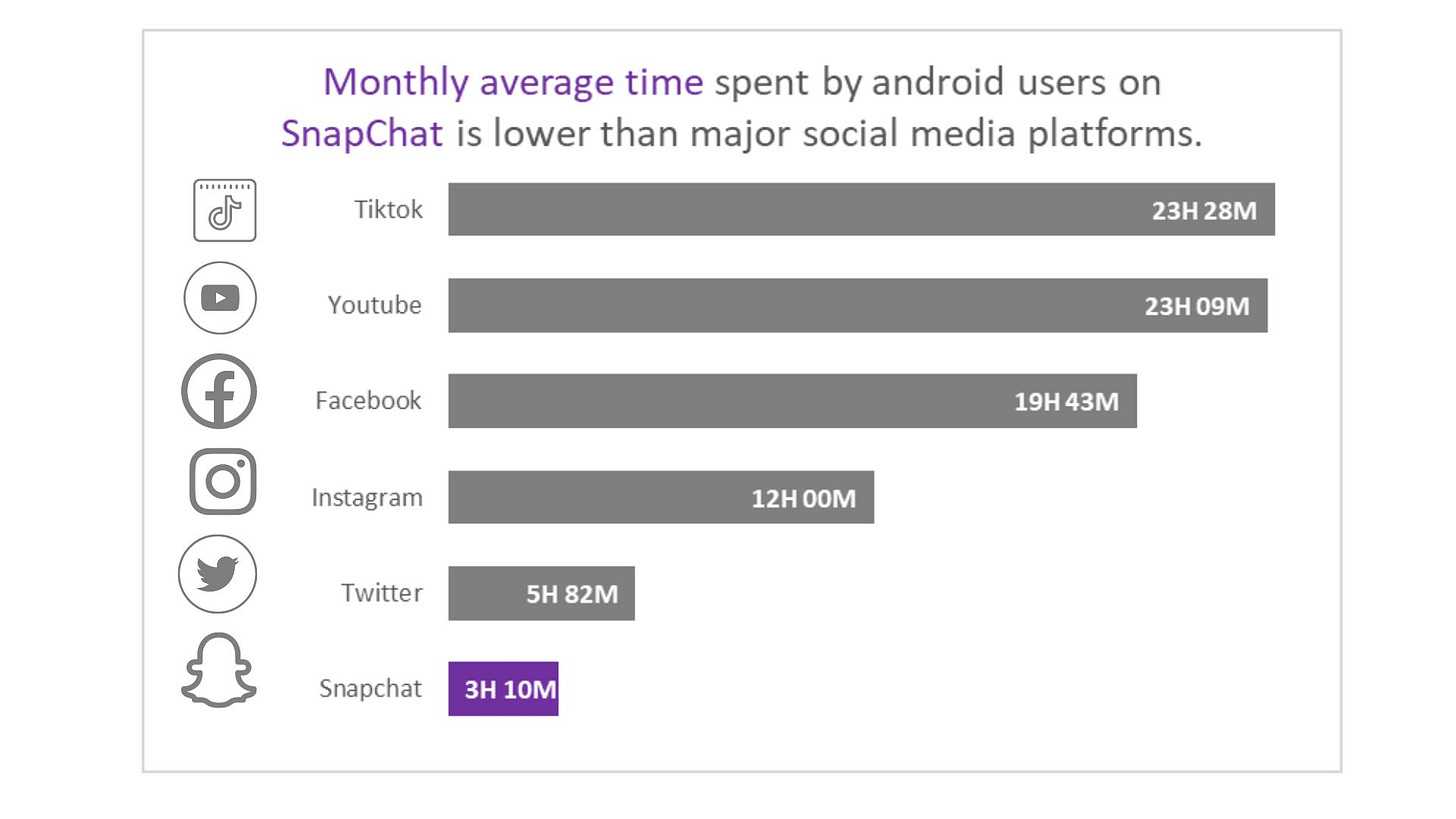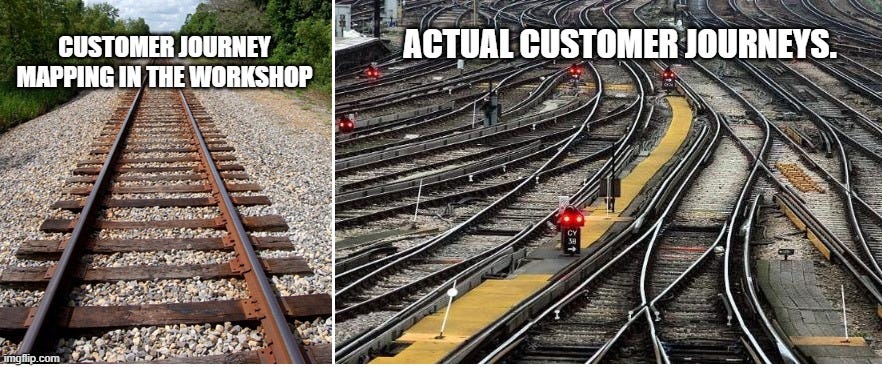MarketingDojo#8:Deconstructing "value". ✨
A classic framework, Snapchat's growth, data behind Spotify's wrapped and more.
Hello,
I hope you are having a great week.
The battle for search dominance has taken a short detour this week - Bing has developed an alternate personality (Sydney), and Bard is under retraining. It looks like another week of survival for Google and our SEO-optimized websites. Phew!
In this issue, we will dive into the following:
📈Deconstructing value
💛Combining the best of both worlds - Freemium & Trial
🧟♀️Snapchat is back from the dead
🚇Meme on customer journey mapping and more
Before we begin, thank you for your support of MarketingDojo. Last week, I crossed the first 100 subscribers, and this week - the first 100+ views of the newsletter. If you find this newsletter useful, please share it with fellow marketing folks.
Classic framework: Elements of Value.
In my first sales role at Nokia, I developed a special hatred for the word “value”. I heard the term value-selling so often that it started turning up in my nightmares.
How could I sell value to a shop owner in Delhi who justed to maximize his payout and get the most straightforward payment terms?
I changed jobs and industries, but the term value-selling has been a constant. But this fantastic article in HBR broke down what the term value means and forever changed my attitude towards value.
The 21 elements of value is a classic and one of my most used frameworks.
I use the framework for numerous applications - writing creative briefs and preparing marketing strategy decks being two prominent ones.
To increase the value, go as high up in the pyramid as possible and appeal to multiple elements of value.
Ever wondered why Harley-Davidson ads hit such a sweet spot? Because they go straight for the values at the top of the pyramid - belonging & self-actualisation.
Bain & co, went on to adapt this framework specifically for B2B as well.
Free Trial v/s Freemium: There's a third better option.
While acquiring new customers, SaaS companies typically focus on free trials or freemiums, but what if there's a better, lesser-tried method - reverse trial?
A limited-period, free trial optimises conversions. Free trials are ineffective for B2B companies that need more than 14 free trial days to recognise the product's value. I have signed up for multiple free trial products, gotten too busy and never turned into a paid customer as I ran out of time.
Freemium products like Spotify or Canva can drive usage, but they limit the user's experience to a subset of features. As a result, most users never experience premium services and remain content with the "good-enough" features.
The reverse trial method, which offers a limited-time trial of a product's premium features before transitioning non-paying customers to a freemium model, combines the best aspects of free trials and freemiums.
This approach allows customers to experience the product's best-in-class features and may create a habit loop that results in higher usage and more paying customers.
Social commerce: Tale of two cities platforms.
In 2018, the rise of social commerce was hard to miss. Many active users used social media platforms to search for brands and products, making social commerce a logical extension to collapse the path between brand discovery and purchase.
Yet, social commerce - i.e. the ability to buy on social media platforms hasn’t taken off quite yet.
Earlier this year, Instagram removed the “shop” tab from its homepage and discontinued live streaming to prioritize ads this week.
On the other hand, TikTok is reportedly developing a check-out feature for specific brands.
It looks like social commerce may not have gained as much traction as anticipated, but it's still alive and waiting to be resurrected.
Snapchat reaches 750Mn monthly active users.
Amidst the negative news surrounding social media giants, Snapchat provided some positive news during the investor day event last week.
The platform announced that it has 750 million monthly active users, up from 600 million in April last year.
Additionally, the number of daily active users has increased to 37.5 million.
A significant portion of this user growth for Snapchat is attributed to India, where the platform is expanding its efforts to increase awareness in tier-2 and tier-3 cities.
While the growing base & engagement is excellent, Snap was largely quiet about the time spent on the platform. Compared to other social media giants, time spent on the app is a growth opportunity for Snap.
Expectations v/s reality: Customer journey mapping.
No doubt, mapping out customer journeys is critical before starting any marketing campaign.
As marketers, we tend to lay out our customer's journey in a linear path of awareness, consideration, and purchase. However, actual customer journeys are often anything but linear; they can be messy and run in circles. This week's meme celebrates the chaotic customer journey our neat marketing strategies can never fully capture.
Podcast recommendation: 7 first principles of marketing.
I genuinely enjoy listening to the “Marketing against the grain” podcast. If you can spare some time, I recommend listening to their episode on the 7 first principles of marketing.
Three of my favorite “first principles” from the podcast:
Don't make something if you don't know how to distribute it
.Apathy is the worst outcome of marketing
.Relevance >> Perfection
Spotify (Un)wrapped.
Spotify's end-of-year summary is incredibly popular, so much so that this year it generated 425 million tweets in just three days after its launch.
A delightful feature of the Spotify wrap is the listening personality that Spotify classifies you into.
This article by Spotify’s engineering team shares a rare behind the scene glimpse into what goes into segmenting listeners into their listening personalities.
Four binary attributes that categorise a Spotify user into one of the neat 16 categories are:
F/E: Familiarity vs Exploration
T/N: Timelessness vs Newness
L/V: Loyalty vs Variety
C/U: Commonality vs Uniqueness
The article highlights how organising data can create wonderful experiences that customers will enjoy and want to tell others about.
Short Stuff:
TikTok plans to paywall content (find other ways to make $$).
Bytedance’s parent company claims a small but significant share of the nascent VR headsets volume (paywalled).
Meta is rolling out a new paid verification subscription service (desperate times, desperate measures).
That’s all for the newsletter this week. Please keep those comments & feedback coming. It means a lot to me.
Thank you for your time and attention.
Regards,
Garima
P.S.: I am strangely fascinated with this super-old ad from Japan that I discovered randomly on Twitter. This fireman climbs a long ladder to extinguish a cigarette butt powered by National batteries.




